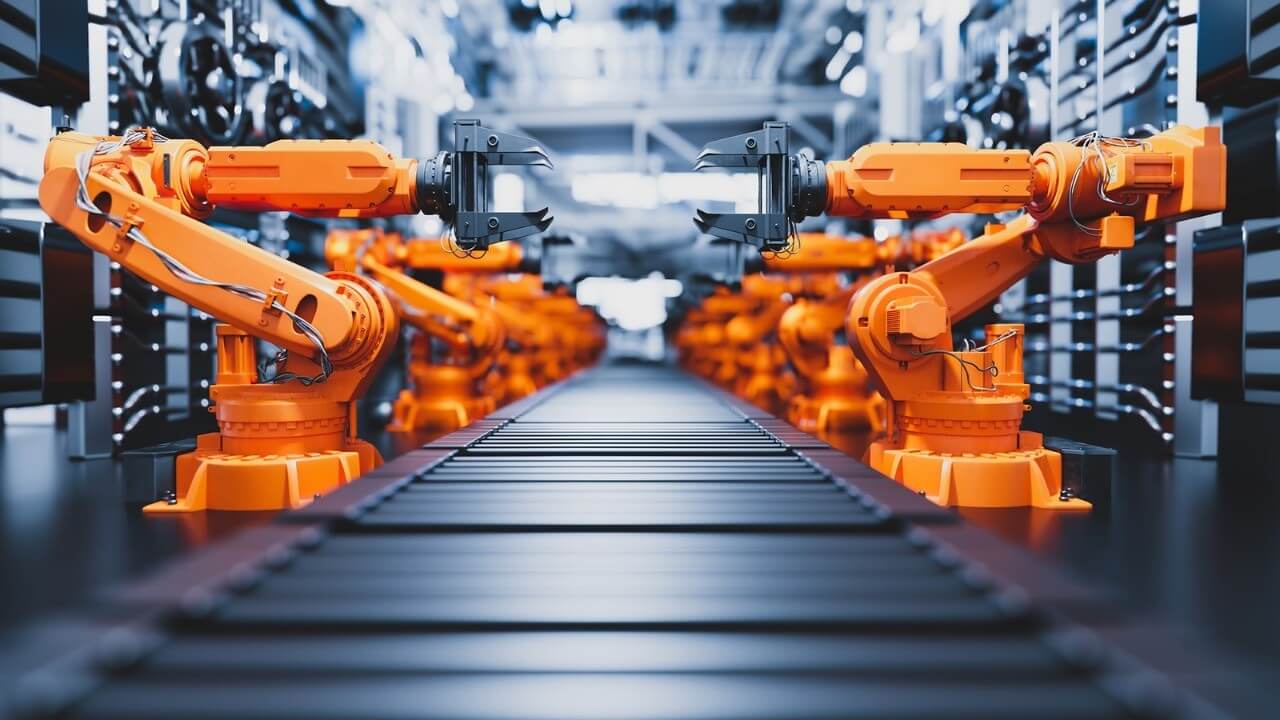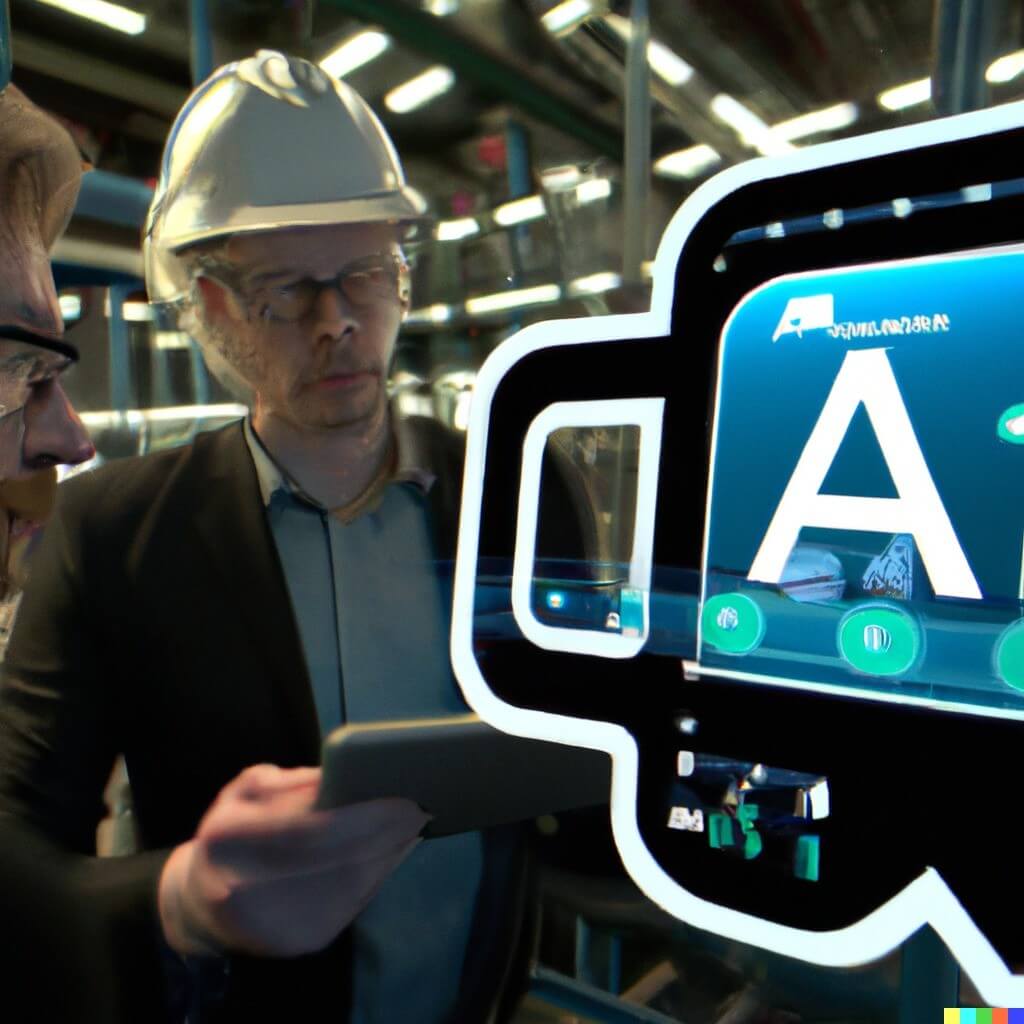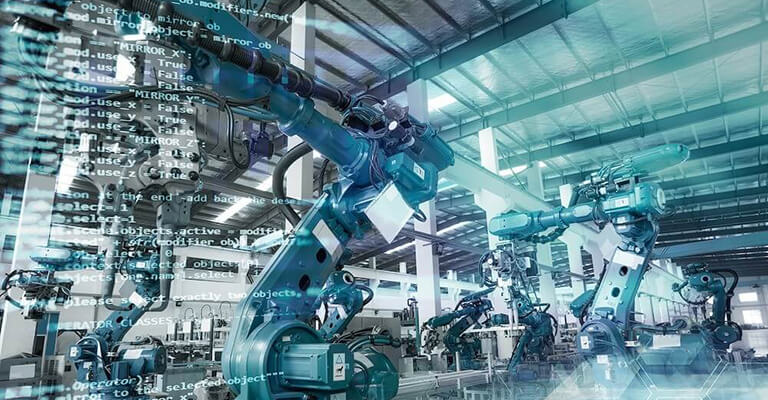How AI has Given the Manufacturing Sector the Boost it Needed
Studies show that nearly 60% of manufacturers depend on AI to improve their general functioning in a variety of ways. The Fourth Industrial Revolution Technologies (4IR) or Industry 4.0 like Machine Learning, Automation, Advanced and Predictive Analytics, and Internet of Things help monitor facilities in real-time. A McKinsey report suggests that these technologies can help create up to $3.7 trillion in value by 2025, with AI alone generating $1.2-$2 trillion. While newer manufacturing businesses and companies can easily adapt to the advances in artificial intelligence, older businesses may need some time to adapt to this technology.
You may be aware of how AI has improved the manufacturing sector in general, but you may not be entirely sure of all its applications in this field. Take a look to understand how artificial intelligence has been one of the greatest gifts to this sector.
Quality Checks using AI
For any manufacturing company, the quality of their output products is an important factor. Every item produced needs to go through a proper set of quality checks to make sure they comply with quality standards. AI helps in reducing yield loss in manufacturing which is a major aspect of quality control in the manufacturing industry. Using computer vision and deep learning, AI-assisted systems can easily identify defects and issues in the production line. A report by McKinsey says that the error detection rate increases by 90% when AI is used for defect detection as compared to checks done by humans.
Besides just detecting defects and errors, AI can also be used to track back to the source of the defect and reveal what needs to be changed or improved for manufacturing better products. AI can go through and analyze great amounts of production data to arrive at an optimal operating system that reduces the chances of defects and waste, thus increasing the yield. AI can automate several quality testing tasks to reduce the in-person hours required. AI algorithms can be used to integrate data from different locations to improve predictions.

AI-generated image via DALL.E 2
AI Increases Efficiency of Production Units
Automation in manufacturing facilities using AI algorithms increases yield, while also cutting down on the manpower required. IoT sensors can be used to keep a track of key performance indicators like overall equipment effectiveness, production rate, and scrap rate in the production process.
AI algorithms can use the data collected to make changes in the procedure for greater efficiency and higher profits. Meeting deadlines is very important for the manufacturing industry, and AI can help companies forecast accurate delivery dates to avoid missing deadlines. AI algorithms, when trained with previous supply chain data, can also be used to predict potential disruptions to the supply chain that may affect production. Artificial intelligence can also be used to detect inefficiencies or errors in the production line and inform the concerned people. Sometimes, they can be trained to take the necessary steps to mitigate these errors.
Predictive Maintenance to Reduce Unplanned Downtime
Using artificial intelligence to run maintenance checks on equipment and machinery is one of the most interesting applications of AI. A report by Senseye, The True Cost of Downtime, states that Fortune Global 500 (FG500) manufacturing and industrial firms lose approximately 3.3 million hours of production time every year, due to equipment and machinery failures. This causes them to lose as much as 8% of their annual revenues – a staggering value of nearly $1 trillion.
Many new manufacturing firms have already started implementing AI algorithms to perform predictive maintenance of their equipment and machinery. AI algorithms analyze real-time data of maintenance checks to predict their failures before they occur. With this information, the company can take measures to prevent the loss of working hours due to machine failure and keep them at their peak conditions. This reduces the chances of possible downtimes and increases the work efficiency of the manufacturing unit.

Using AI to Simplify Logistics/Warehousing
The application of artificial intelligence to simplify logistics and supply chain issues is one of its most important contributions to the field of manufacturing. AI helps in speeding up the decision-making process, reducing cycle-times, speeding up operations, as well as continuous improvement. AI algorithms can help manage an accurate inventory as they can analyze and interpret huge datasets quickly.
Besides accurately predicting demand, AI can also help in modifying orders, and rerouting products in transit. For companies and businesses owning a line of warehouses, AI can decide which warehouse may offer the best location for storing a particular kind of product depending on its needs and demand. AI-assisted demand prediction for particular products and planning logistics strategically can improve the level of service provided, and customer satisfaction while also cutting down on transportation costs to save lots of money.
Safety Compliance and Security Checks using AI
Over the years, manufacturers and industries have started giving more importance to personal and overall safety to promote a healthy professional life. The world has just faced one of the greatest pandemics of the 21st century – the coronavirus and everyone had to keep themselves safe. AI algorithms (computer vision-based) can be used coupled with manual interventions to ensure employees use the recommended safety gear at their workplace.

AI-generated image via DALL.E 2
Besides personal and community safety, AI also helps maintain the organizational and personal security of employees in industries. AI can also be used to automate dangerous tasks so that human life is not at risk and introducing robotic workers is a method of doing the same. Computer vision as well as video detection can be used to check for signs of harassment. Studies show that a majority of women face workplace harassment from their male counterparts, and AI can help check for physical signs of the same. NLP can check for signs of inappropriate phrases or content in company emails and other files and can directly notify the HR department or the manager’s office regarding the same. Equipment malfunctions and defects can be predicted using AI algorithms to prevent the chances of injuries caused by them.


